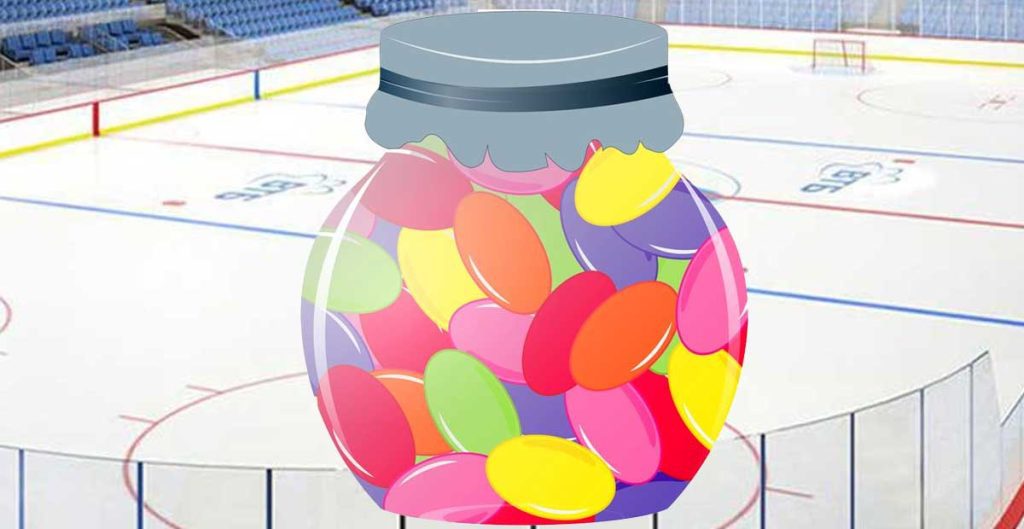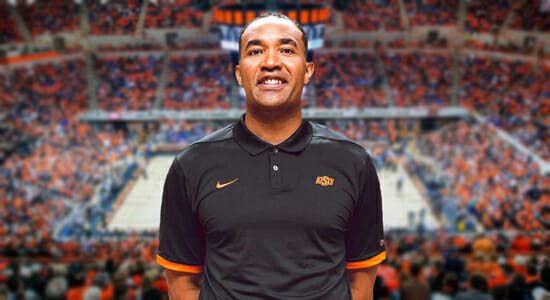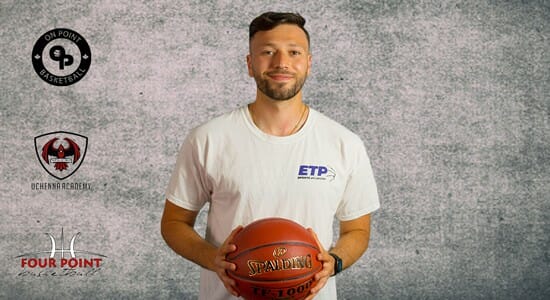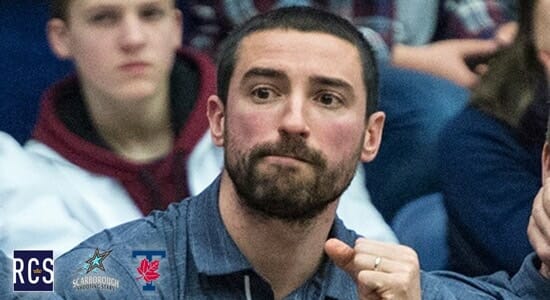
Charleston Hughes Talks About The Transition From American Football To The CFL
Charleston Hughes | Defensive Lineman | Saskatchewan Roughriders



In the CFL, people come at you from a more respectful place and appreciate your profession. They treat you more like a human being rather than a million dollar commodity.
Charleston Hughes
Defensive Lineman
Saskatchewan Roughriders
What were your thoughts on coming to the Canadian Football League from college in the U.S.? Did it exceed your expectations?
I guess really I didn’t know what to expect because I went to Calgary. I didn’t know that part of Canada existed. When you come from a small town in America where I come from you don’t know about those parts. When I grew up, every map had details of all fifty states, all outlined and every major city. When you looked at Canada, it was all grey and didn’t have any cities. I only knew where Windsor was because it was on the border by Detroit and nowhere else.
I came to the CFL as a linebacker and I couldn’t grasp the motioning of multiple receivers at once and twelve men on the field. In the American rules, there aren’t many men motioning and changing the plays. When I moved to the defensive line, it took away a lot of those complications of playing linebacker and I became just focused on beating the guy in front of me. Knowing the players, being more of a listener and making plays instead of the one directing players on the field was a less demanding role for me.
You have had a lot of success as a defensive lineman, having been the CFL's sack leader four years in a row now. What's the most important thing you do to repeat your success?
I study what I did the year before. I look at the plays I missed and analyze how I missed them. What did I do wrong? How did I get hurt? And, what type of injury was it? Breaking down the analysis of what I did the year before and looking at things in a cause-and-effect manner is crucial to my success.
After I led the league in sacks again, I really got into the nitty-gritty of how did I do it? I got injured in this way, how did that happen? I like to be critical in the ways I can perform. Physically, how can I be better and mentally what can I do to just improve my game overall? How can I help my team win better and better improve my skills all the way around? These are the questions I ask myself when studying my previous season.
Which team in your career has been your favourite to play for?
The best organization I have played for is the Saskatchewan Roughriders. Although I was in Calgary for ten years, I feel like I have been embraced as much in 3 years in Saskatchewan as I was a decade in Calgary.
The fans love me as much as I love them. I do everything I can to give back to the community, I still live in Saskatchewan. I do events to support breast cancer in the community and want to give back to our province as much as possible.
What has been your favourite thing about playing in the CFL instead of the NFL?
The best thing is that you can still be humble and grounded as a human. I say that because as NFL players, someone similar to my calibre, feel that they are on cloud 9.
They are praised in their communities and would have a difficult time going out in public without being bombarded with autographs and pictures. In the CFL, people come at you from a more respectful place and appreciate your professionalism. They treat you more like a human being rather than a million dollar commodity.
What does camaraderie amongst players in the CFL mean for you during a time like this year with no season?
It’s hard times right now without having a CFL season. We were training like there was going to be a season until we were told it was cancelled. The camaraderie to prepare for a season means talking with one another, working out and figuring out how to work together.
With most people I talk to after retiring, the thing they miss the most outside of the game is the camaraderie amongst the team. The bonds you create in the locker room are the most memorable thing. In 2008, every guy I have been roommates with or friends with has retired so I feel like I am like the last of the Mohicans. One of my old teammates told me the only reason he retired was that it became hard to relate to the younger players since he was so much older. So if those bonds fade it can be tough to hang around for much longer.
I am grateful for the opportunity to have interviewed such an outstanding CFL player as Charleston Hughes. His level of play is truly exciting to watch for all fans of the league. Our conversation was enjoyable and he embodies the classiness of the Saskatchewan Roughriders organization. Charleston has lead the CFL in sacks for four straight years which not many players have done in the history of the league and doing so on top of two Grey Cup rings makes his career exceptional. He is without a doubt one of the greatest defensive linemen in the CFL over the last decade and is an excellent example of how American players can have very successful careers outside of the NFL.
The Latest







